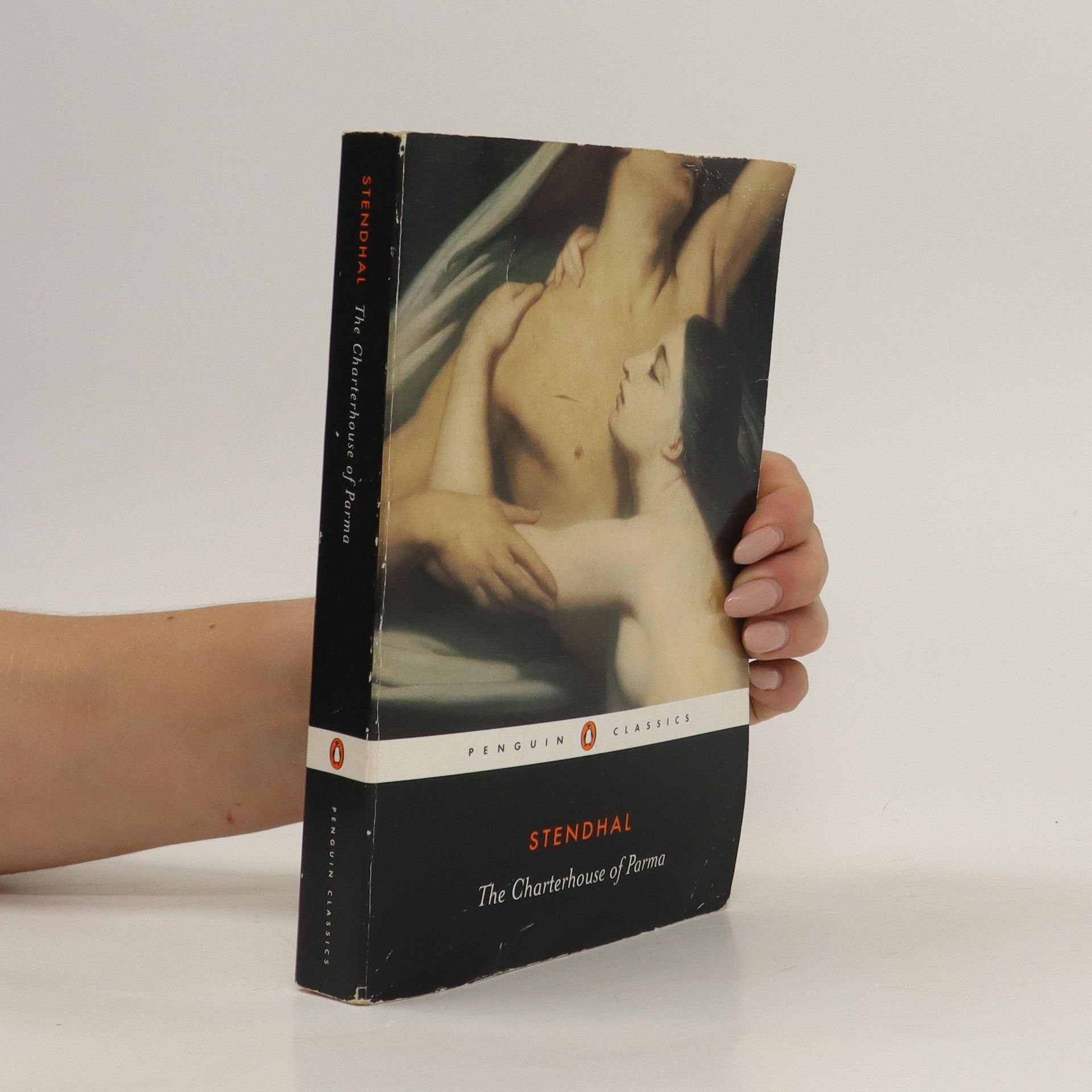Adaring critique of communism and how it had gone wrong behind the Iron Curtain, Camus' essay examines the revolutions in France and Russia, and argues that since they were both guilty of producing tyranny and corruption, hope for the future lies only in revolt without revolution.
Pierre-Louis Rey Books




Nana
- 480 pages
- 17 hours of reading
Prompted by his theories of heredity and environment, Zola set out to show Nana, "the golden fly," rising out of the underworld to feed on society—a predetermined product of her origins. Nana's latent destructiveness is mirrored in the Empire's, and they reflect each others' disintegration and final collapse in 1890. Built around the book's scientific skeleton is a powerful, sensual atmosphere, and a rich use of words which elevate the novel beyond the realistic platform into a "poem of male desires."
The Charterhouse of Parma
- 560 pages
- 20 hours of reading
Headstrong and naïve, the young Italian aristocrat Fabrizio del Dongo is determined to defy the wrath of his right-wing father and go to war to fight for Napoleon. He stumbles on the Battle of Waterloo, ill-prepared, yet filled with enthusiasm for war and glory. Finally heeding advice, Fabrizio sneaks back to Milan, only to become embroiled in a series of amorous exploits, fuelled by his impetuous nature and the political chicanery of his aunt Gina and her wily lover. Judged by Balzac to be the most important French novel of its time, The Charterhouse of Parma is a compelling novel of extravagance and daring, blending the intrigues of the Italian court with the romance and excitement of youth. For more than seventy years, Penguin has been the leading publisher of classic literature in the English-speaking world. With more than 1,700 titles, Penguin Classics represents a global bookshelf of the best works throughout history and across genres and disciplines. Readers trust the series to provide authoritative texts enhanced by introductions and notes by distinguished scholars and contemporary authors, as well as up-to-date translations by award-winning translators.